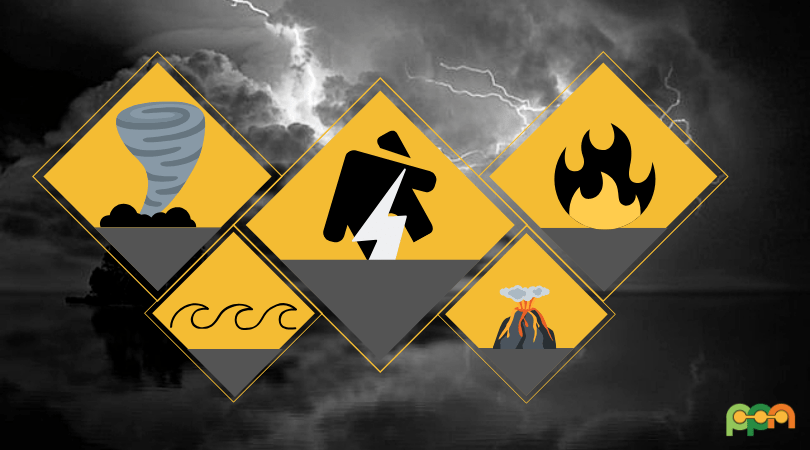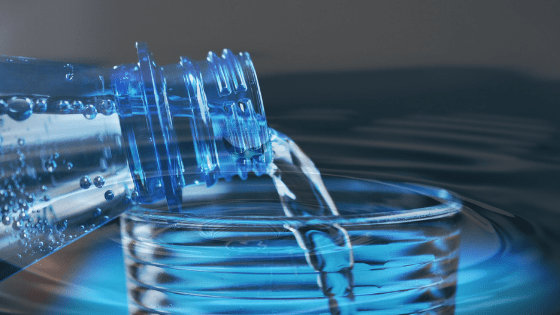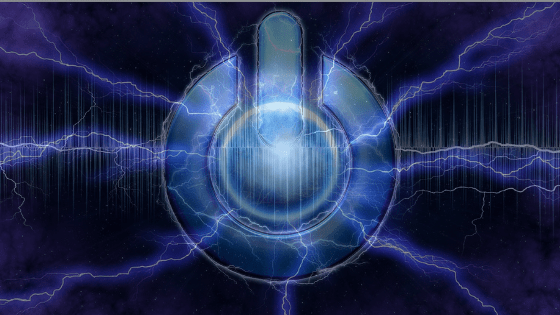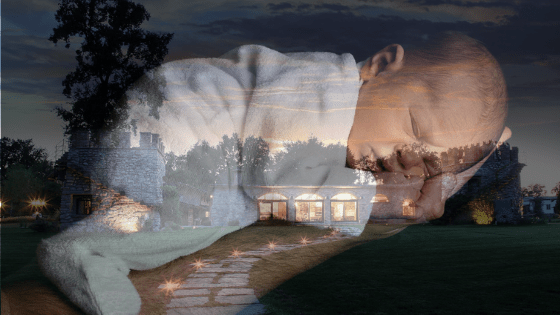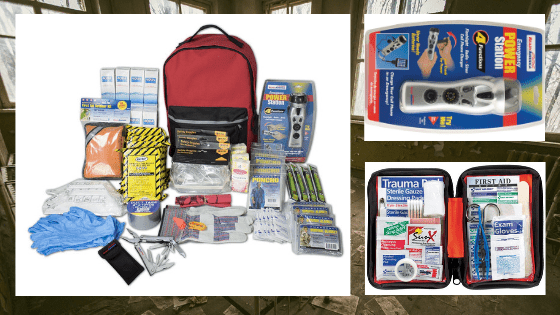We always look for things we should have to have in case something bad happens to us. However, how will we know these things if we have no idea of what we might not have in the first place?
For that, we made a list of some of the things that we could lose in case of a disaster. If you have paper and pen with you, you might want to write these down.
Water Supply
Potable water doesn’t fall from a tree, right? Now, ask yourself where you get your water at home? Was it sourced from your own well, from a paid water supply network, or from anywhere else?
Okay. If you answered those questions, the following are the most important follow-up questions you need to reflect upon.
What will happen when these places will shut down due to a typhoon, an earthquake, or any other inevitable reasons? Will you be able to sustain your family for a few days or will you cry out for help a few hours after that happens?
If your answer is the latter, then you are in trouble.
Water is our most needed resource because, without it, one can’t last for so long. Our bodies evolved to last for weeks without food, but water is a different story.
Electricity
Overhead or underground power lines may be cut off once struck by a severe disaster. Once these electricity-carrying power sources stop giving your house some juice to run your appliances, what will you do? How will you get your meals cooked or your meats frozen? Will you be able to last a few nights without light?
This may only be one necessity you could lose but it surely affects a lot of your daily activities. Forget about watching TV, playing games or drying your hair, but how about getting food on your table? You would not want to eat rotten meat, right?
How about your business? How will you run it without electricity?
Our species has been living for millions of years without electricity, but due to the evolution of the demands we need to meet to survive, we can’t deny that losing a stable supply of this form of energy is a disadvantage.
Shelter
Your house is your most important investment, not just financially but holistically.
It is where you raise your kids. It is where your family can relax after a day’s work. It is where you spend most of your life in. But what will you do when one day this treasured asset of yours will be gone with the wind?
Even if you built your house sturdy enough to escape the crushing grip of disasters, there are other ways it can be taken away from you. Some examples of this indirect but existing reasons are when your house is under a mortgage or you owe some people or firms a big amount of debt and a disaster happens.
How does this relate to what we were talking about? Well, remember that when there is a disaster, people or companies you owe with will possibly hunt you down. They might become very persistent in making you pay your debt, or they might increase the interest.
A worst case scenario is when your assets, which includes your home, might be taken away from you. This might happen when you have nothing else to pay them because your business might have not recovered from the post-disaster effects yet.
Preparing to survive not just through the day of the disaster but also through the days thereafter is a task that will take a lot of planning and effort. However, if your schedule does not allow you to spend so much time about getting the things you might need, try having a deluxe emergency kit enough for four persons to use for 72 hours that’s already available online.
With a click of a hand or two, your family can be emergency ready. Don’t wait for the time when you can no longer actually have it because of the large demand by post-disaster victims. Start having them today to save yourself the worry.
